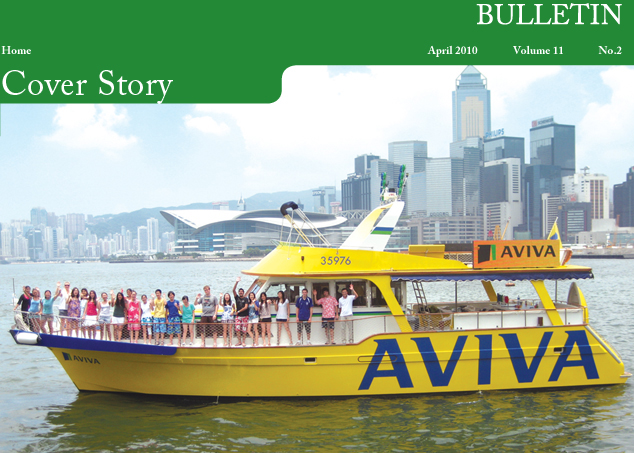

The boat was commissioned by Aviva, a multinational insurance company that wanted to promote environmental protection here. They called on Professor Dennis Leung and Dr Michael Leung of the Department of Mechanical Engineering, who already had experience working with a private firm to develop micro wind turbines.
The two academics fitted out the 60-foot-long boat with solar photovoltaics and micro wind turbines that could run the boat's appliances for a couple of hours each day. A heat pump was adapted to capture hot air pumped out by air-conditioners for heating water. Energy efficient appliances and lighting were also installed.
Biodiesel was also added to the ship's fuel to reduce polluting emissions, as one of three research projects associated with the junk. The other two looked at improving scrubbers to remove pollutants from the engine emissions, and improving the design of micro wind turbines. All told, the project cost an affordable $1.2 million including installations and research costs.
"The major benefit of this project is the promotion of renewable energy," Dr Michael Leung said. "With a boat, people can see physically how renewable energy can be applied. I know other companies are interested in a green boat after this project."
The launch last year was covered widely in local media and also attracted attention from Aviva's overseas offices.